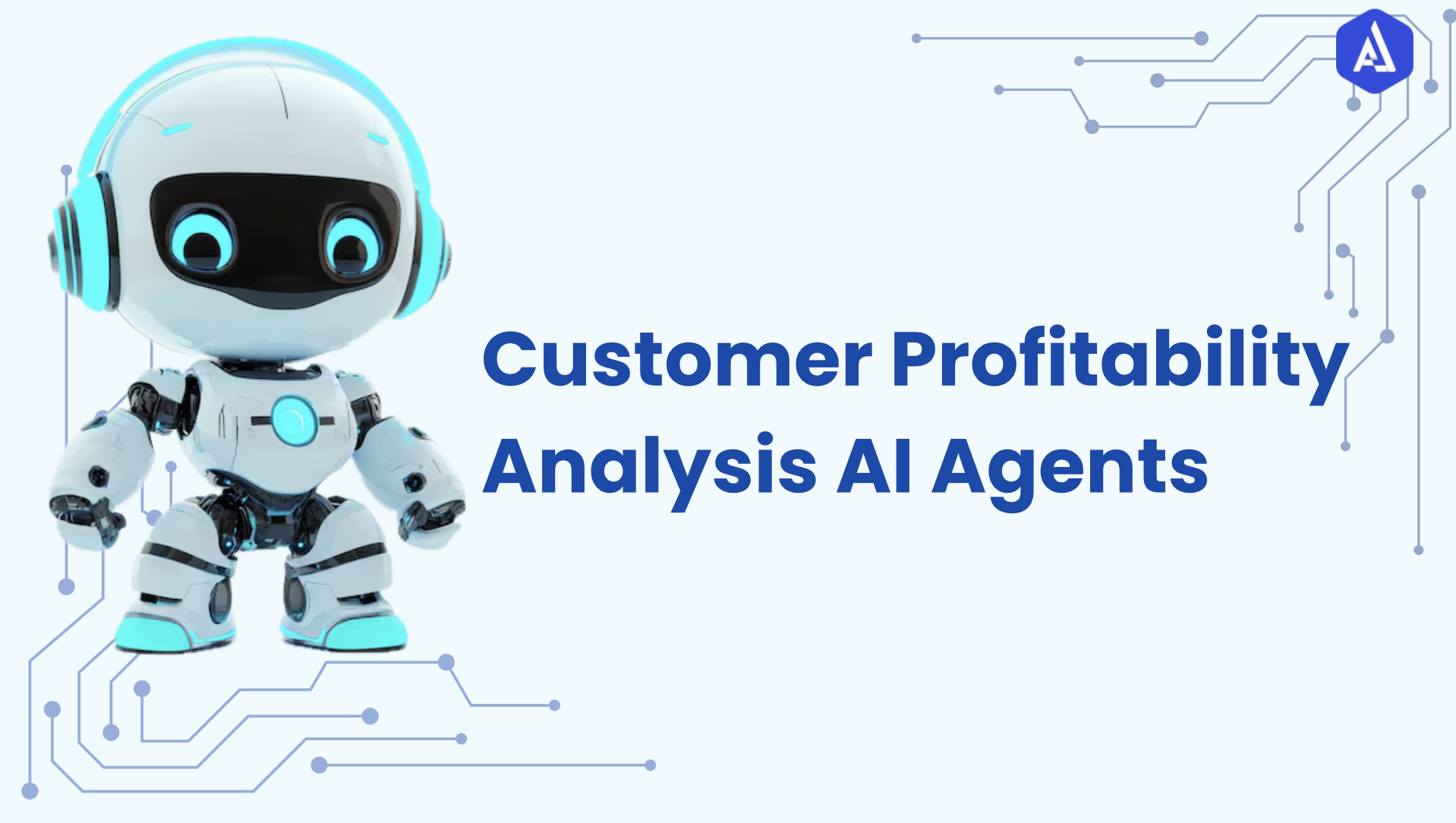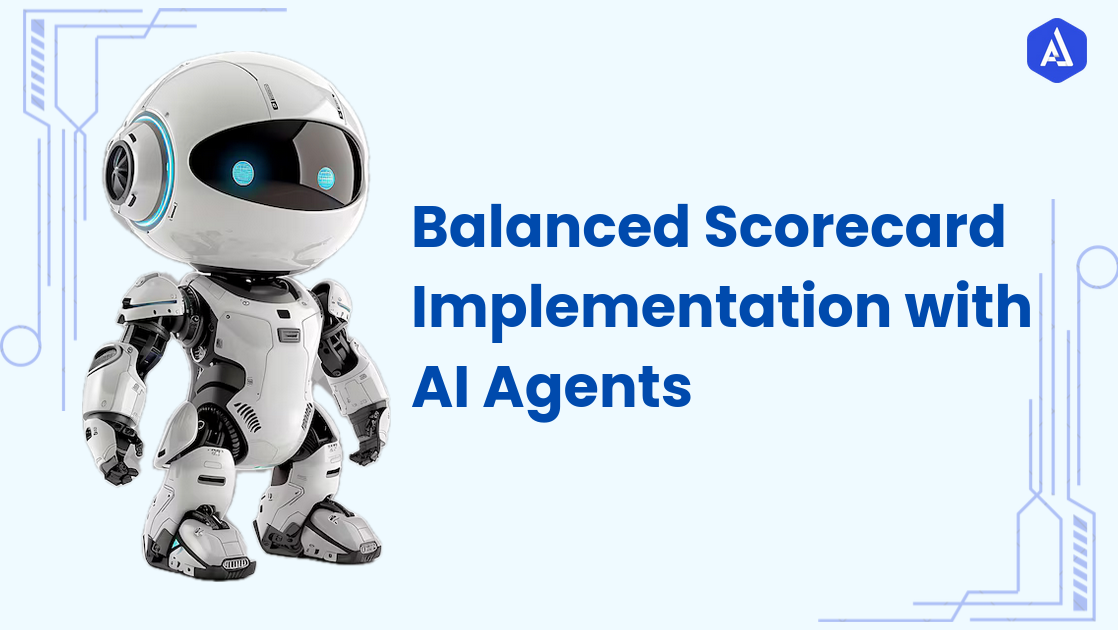Introduction
Brand management is a multifaceted and often challenging role that involves overseeing a brand's strategy, identity, and customer engagement across all channels. In today's digital era, with rapid technological advancements and evolving consumer behaviours, Brand Managers face an increasing workload that can be alleviated by using AI-powered agents.
These intelligent tools offer enhanced efficiencies and support in areas ranging from marketing strategy execution to customer insights analysis.
Core Responsibilities and Challenges
A Brand Manager is responsible for maintaining and growing a brand’s presence in the market. Their primary tasks include brand positioning, managing marketing strategies, conducting market research, overseeing product launches, and tracking brand performance.
However, despite the importance of these responsibilities, Brand Managers often face several challenges:
-
Time-Intensive Tasks: Manual market research, data analysis, and performance tracking take up valuable time, preventing Brand Managers from focusing on strategy.
-
Data Overload: With vast amounts of data from multiple sources, the challenge is sifting through information to extract actionable insights. This can be overwhelming and time-consuming.
-
Consistency Across Channels: Ensuring consistent brand messaging across digital, social, and traditional platforms requires constant monitoring and adjustments.
-
Customer Insights: Understanding customer sentiment and behaviour is complex, especially in a multi-channel environment.
-
Adapting to Trends: Identifying and capitalizing on emerging market trends requires agility and quick decision-making.
These challenges can be alleviated by implementing AI-powered Brand Manager Agents, which provide automation, data analytics, predictive insights, and smarter decision-making capabilities.
About the Brand Manager AI Agent
Brand Manager AI agents are advanced software tools designed to streamline brand management tasks by leveraging artificial intelligence, machine learning, and data analytics.
These agents are integrated into existing brand management software systems, complementing them with enhanced functionality.
-
AI-Powered Automation: The agent uses machine learning algorithms to automate repetitive tasks, such as market research, data collection, and analysis.
-
Predictive Analytics: The agent can predict future trends, customer preferences, and purchasing behaviour based on historical data, enabling Brand Managers to make proactive decisions.
-
Natural Language Processing (NLP): The AI agent uses NLP to interpret and analyze customer feedback from various sources such as social media, reviews, and customer surveys. It can also generate insights from this unstructured data.
-
Brand Sentiment Analysis: By scanning social media posts, reviews, and forum discussions, the agent can assess the overall sentiment surrounding the brand, enabling managers to adjust their strategies accordingly.
-
Seamless Integration: The agent can integrate with existing tools such as CRM systems, email marketing software, and social media platforms, providing a unified approach to brand management.
How the Brand Manager AI Agent Enhances Brand Management
The AI agent complements traditional brand management methods by performing time-consuming tasks more efficiently, allowing Brand Managers to focus on high-level strategic planning and creative decision-making.
By providing deeper insights, automating manual processes, and forecasting market trends, the AI agent enhances the ability to track and maintain a brand’s performance across all channels.
Key Features of the Agent
-
Market Research Automation: AI agents are equipped to conduct automated research on customer preferences, competitor strategies, and market trends. This eliminates the need for manual data collection, saving time and reducing the risk of human error.
-
Sentiment Analysis: By analyzing customer feedback from social media platforms, product reviews, and customer service interactions, the agent gauges public sentiment about the brand. This real-time insight enables Brand Managers to adjust marketing or communications strategies rapidly.
-
Brand Health Monitoring: The agent tracks KPIs related to brand performance, such as awareness, loyalty, and customer satisfaction. It can automatically generate reports, saving Brand Managers from having to manually track and analyze multiple data points.
-
Campaign Optimization: The agent can analyze ongoing marketing campaigns, testing different messages or creative assets to identify which performs best. This capability ensures marketing efforts are continuously optimized for the best results.
-
Predictive Analytics: Using historical data, the AI agent predicts customer behaviour trends and market shifts, providing Brand Managers with foresight to adapt strategies before changes occur.
-
Customer Segmentation: The agent categorizes customers based on their behaviour, preferences, and engagement patterns, allowing for highly targeted marketing campaigns. This segmentation helps create personalized experiences that resonate with different audience segments.
-
Multi-Channel Integration: Whether it’s on social media, email, or a website, the agent ensures a consistent brand experience across all channels. It can also track how the brand is perceived across different platforms and adjust the approach accordingly.
Use Cases: Practical Applications of the AI Agent
-
Campaign Launch Monitoring: When launching a new product or marketing campaign, Brand Managers can use the AI agent to track real-time customer reactions and the effectiveness of the campaign. The agent’s ability to analyze sentiment and engagement across multiple channels ensures that Brand Managers can quickly adjust messaging or strategy if the campaign is not resonating with the target audience.
-
Social Media Engagement: A Brand Manager can deploy the AI agent to monitor social media activity surrounding the brand. For example, the agent could track mentions, hashtags, and comments across platforms like Twitter, Instagram, and Facebook.
Using sentiment analysis, it can identify potential PR issues, respond to customer feedback, and flag opportunities for brand advocacy or engagement.
-
Competitor Analysis:Brand Managers can also use AI agents to keep track of competitors’ strategies, monitor their new product launches, and measure their social media performance. The agent can provide comparative data that helps the brand identify opportunities and areas for improvement in its own strategy.
-
Personalized Customer Interaction: The AI agent can help deliver tailored experiences for customers. By analyzing behavioural data from multiple touchpoints, the agent helps create personalized marketing strategies, ensuring that the right message reaches the right customer at the right time.
-
Crisis Management: In a brand crisis, the AI agent provides real-time monitoring of public sentiment. If negative feedback emerges on social media or through online reviews, the agent can immediately alert the Brand Manager to the situation, allowing for swift intervention.
Challenges and Potential Obstacles
While AI-powered Brand Manager agents offer tremendous potential, there are a few considerations to be mindful of:
-
Data Privacy and Security: AI systems process vast amounts of data, including sensitive customer information. Ensuring that data privacy and security protocols are in place is essential to maintain consumer trust.
-
Integration with Existing Systems: Depending on the existing software stack, integrating the AI agent may require customization or technical expertise, especially if legacy systems are in place.
-
Over-reliance on Automation: While automation is efficient, it's important for Brand Managers to remain involved in strategic decision-making. Over-reliance on AI can lead to a loss of human insight and creativity, which are crucial in brand building.
-
Initial Learning Curve: New AI tools can take time to learn and adapt to the specific needs of a brand. During the initial phases, there may be a learning curve as the system collects and processes data.
Benefits and Values of Using the AI Agent
-
Increased Efficiency: Automating manual tasks such as market research and campaign monitoring frees up valuable time for Brand Managers, allowing them to focus on high-level strategy and creative aspects.
-
Enhanced Decision-Making: With predictive analytics and real-time data, Brand Managers can make informed, data-driven decisions, reducing guesswork and improving overall strategy effectiveness.
-
Cost Reduction: By optimizing marketing campaigns and streamlining workflow, AI agents can reduce operational costs, eliminating inefficiencies and focusing resources on high-value activities.
-
Improved Brand Consistency: AI agents ensure that the brand's messaging and identity are consistent across all channels, leading to a stronger and more coherent brand presence.
-
Proactive Strategy: AI's predictive capabilities allow Brand Managers to anticipate market changes and adapt their strategies before competitors, ensuring the brand remains competitive.
Usability: How to Use the Brand Manager AI Agent
-
Setup and Configuration:
-
Integrate the AI agent into your existing brand management software system. The agent should be compatible with tools like CRM, social media platforms, and marketing automation tools.
-
Define key performance indicators (KPIs) and goals for the AI agent. What do you want it to monitor or optimize? Set up parameters for sentiment analysis, campaign tracking, and customer segmentation.
-
-
Daily Operations
-
The AI agent should automatically begin gathering data from various channels, such as social media, customer reviews, and website traffic.
-
Use the agent's dashboard to track real-time performance, analyze customer sentiment, and monitor the success of ongoing campaigns.
-
-
Troubleshooting and Adjustments:
-
If the AI agent flags a potential issue (e.g., negative sentiment or an underperforming campaign), review the data and adjust your brand strategy accordingly.
-
-
Ongoing Optimization:
-
Over time, the AI agent will learn from the data it processes. Review its insights regularly and make tweaks to improve the AI’s effectiveness in delivering more accurate predictions and recommendations.
-
-1.png)

